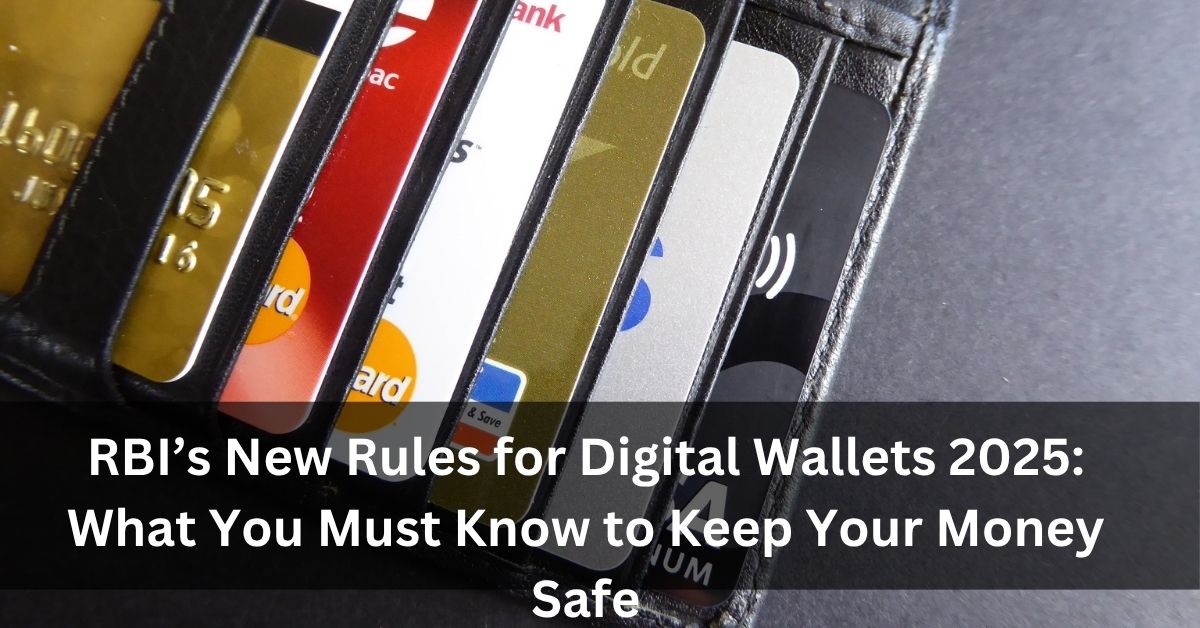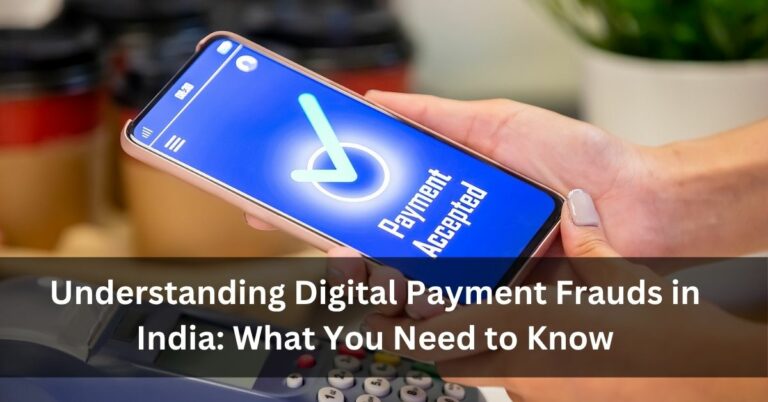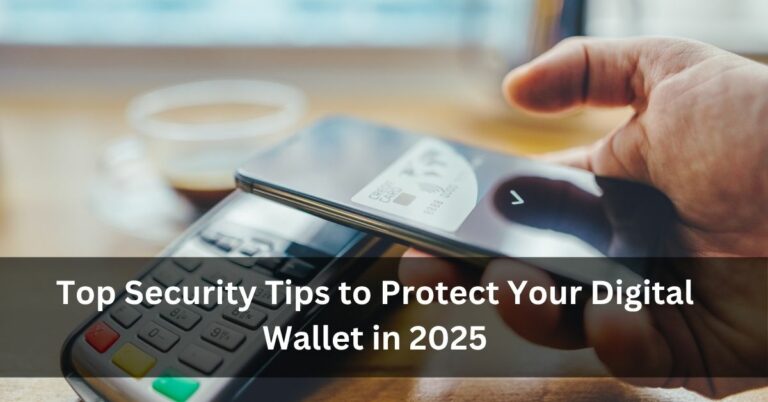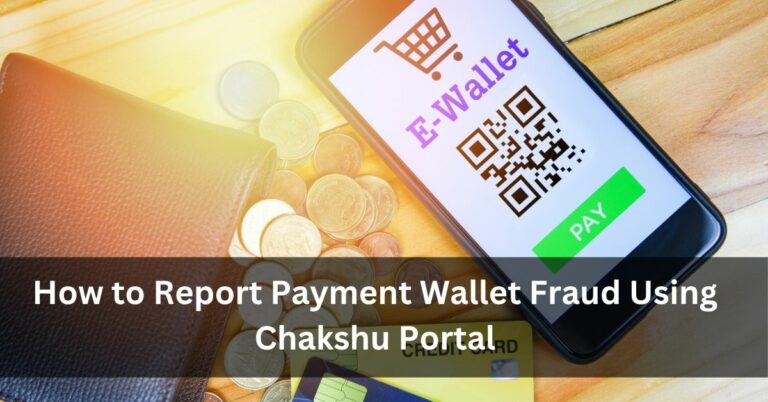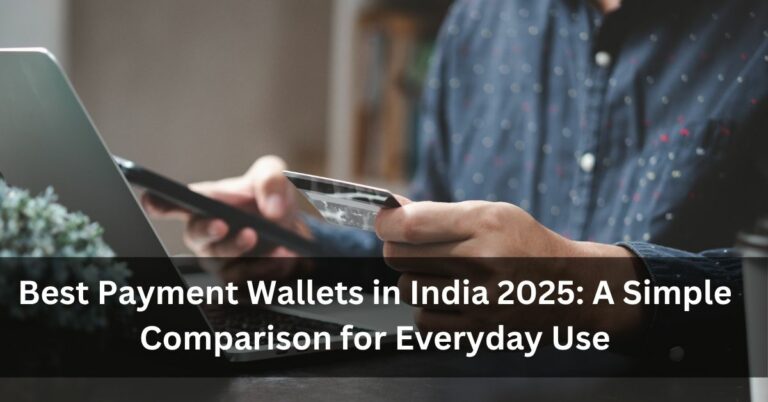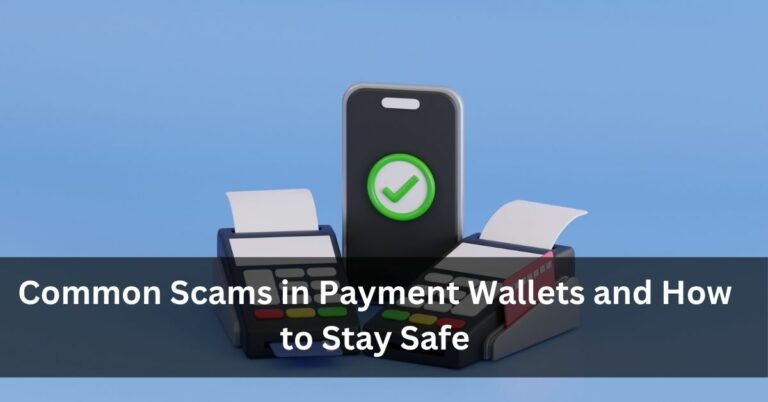RBI’s New Rules for Digital Wallets 2025: What You Must Know to Keep Your Money Safe
Today, crores of people across India use payment wallets like Paytm, PhonePe, Google Pay, and others for their daily payments. From recharging mobile phones to paying electricity bills or even booking train tickets, wallets have become a big part of our lives.
But with this convenience, there’s also a risk. Many users have been targeted by fraud calls, fake links, and scam apps. That’s why the Reserve Bank of India (RBI) has come forward with fresh security rules for all wallet companies. These new rules aim to make digital payments safer for every user — especially for those who may not be fully aware of how frauds work.
Let’s break it down in simple terms. This blog by Chakshu Portal explains everything you need to know.
What Are Payment Wallets?
Before we go ahead, let’s quickly understand what a payment wallet is. A digital or payment wallet is an app that stores your money digitally. You can use it to send or receive money, pay for groceries, shop online, and more.
Apps like PhonePe, Paytm, Amazon Pay, and Mobikwik are examples of digital wallets. These wallets are officially called Prepaid Payment Instruments (PPIs).
Why RBI Issued New Guidelines for Wallet Safety?
As more Indians started using digital wallets, fraud cases also increased. Many people got cheated through fake SMS, links, and calls. Some even lost their savings because they clicked on wrong links or shared OTPs with strangers.
To reduce such cases, RBI introduced a new set of rules in 2025. These rules are meant to make sure that wallet companies provide better protection to users. The main aim is to prevent fraud, protect data, and keep users informed.
You can always check Chakshu Portal for official news and safety alerts related to wallets, banks, and online scams.
Key Points in RBI’s New Digital Wallet Rules
1. Multi-Step Login for Extra Safety
Now, wallet apps must follow multi-factor login. This means, instead of just entering your password, you may also need to enter an OTP or use your fingerprint to log in. This makes it harder for anyone else to access your wallet, even if they have your phone.
2. Immediate Transaction Alerts
Every time money goes in or out of your wallet, you should get an instant SMS or app alert. These real-time alerts help you stay in control. If someone tries to misuse your wallet, you’ll know immediately.
3. Wallet Apps Must Do Regular Security Checks
Wallet companies are now required to test their apps and systems regularly. They must look for any bugs or weak points that hackers could use. These checks must be done on time and reports should be submitted to RBI.
4. Data Must Be Stored Safely
Your personal information — like name, number, and wallet balance — must be stored securely. The RBI has said that wallet companies should use strong protection (encryption) and not share your data without clear permission.
5. Educating Users About Fraud
Companies must now share safety tips with their users. This can be through messages, in-app banners, or email alerts. You will be told how to spot a fake call or scam message, and what to avoid.
You can also find such helpful tips daily on Chakshu Portal, which works to protect people from fraud and fake digital activity.
How These Rules Help You?
These guidelines are not just for companies — they benefit you directly:
- You are safer from scams because of better login and alert systems.
- You will know immediately if any transaction happens.
- Your personal data will be more protected.
- You’ll also become more aware of common tricks used by fraudsters.
Overall, this makes using wallets less risky, even for people who are new to digital payments.
Simple Things You Should Start Doing Now
Even with new RBI rules, your personal habits matter a lot. Here are some things you should always follow:
- Do not share your OTP, PIN, or passwords with anyone — not even people who claim to be from a wallet company or bank.
- Use strong passwords and change them every few months.
- Keep your wallet app updated to get the latest safety features.
- Do not download unknown apps or click on strange links sent by SMS or WhatsApp.
- Don’t fall for “too good to be true” offers, especially if they ask you to click on a link or pay first to claim a prize.
And most importantly — stay updated by checking Chakshu Portal, which regularly posts about ongoing frauds and how to stay safe.
What to Do If You Think You Were Cheated?
If you think someone used your digital wallet without your permission or you clicked on a fake link, here’s what you should do:
- Call your wallet company’s helpline immediately. Ask them to freeze your wallet if needed.
- Call 1930, which is the national cyber crime helpline number.
- Report the incident on Chakshu Portal so that other users can be warned, and action can be taken by the authorities.
Taking quick action is the only way to stop the damage and protect your bank or wallet balance.
Final Words
Digital wallets are helpful, fast, and easy — but they must be used with care. RBI’s new rules are a big step toward making digital payments safe for everyone in the country. These rules help keep your money and information safe.
Still, it’s up to you to follow good habits. Don’t share OTPs. Don’t trust unknown callers. Keep your wallet app secure. And always stay informed through the Chakshu Portal.
Remember, being aware is your best protection. Stay smart. Stay alert. Stay safe.

